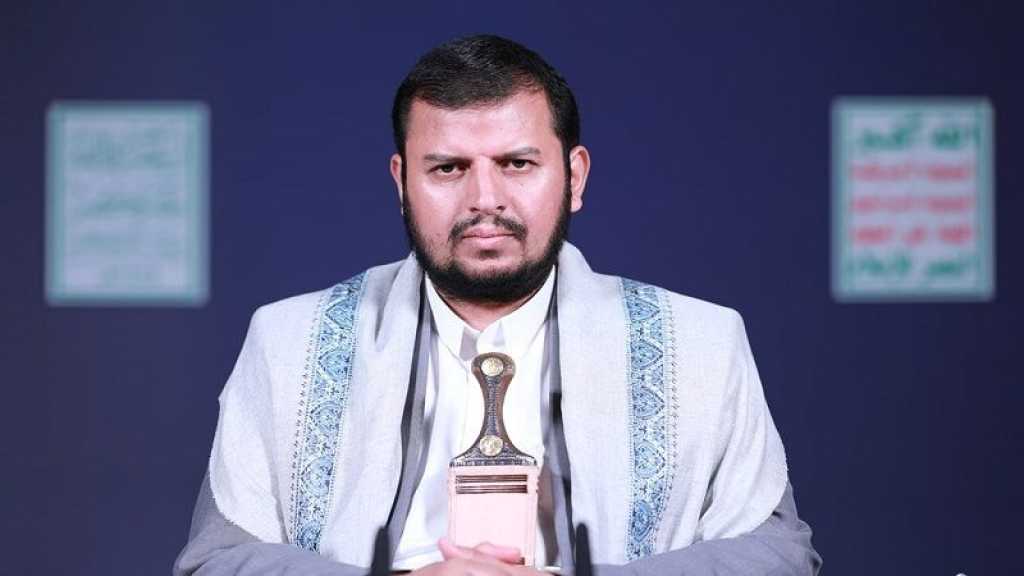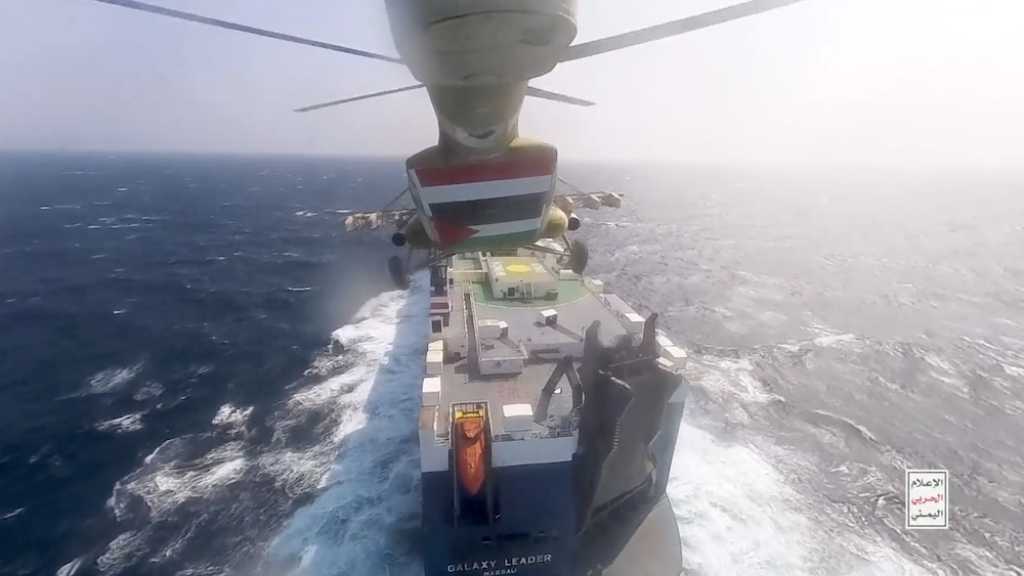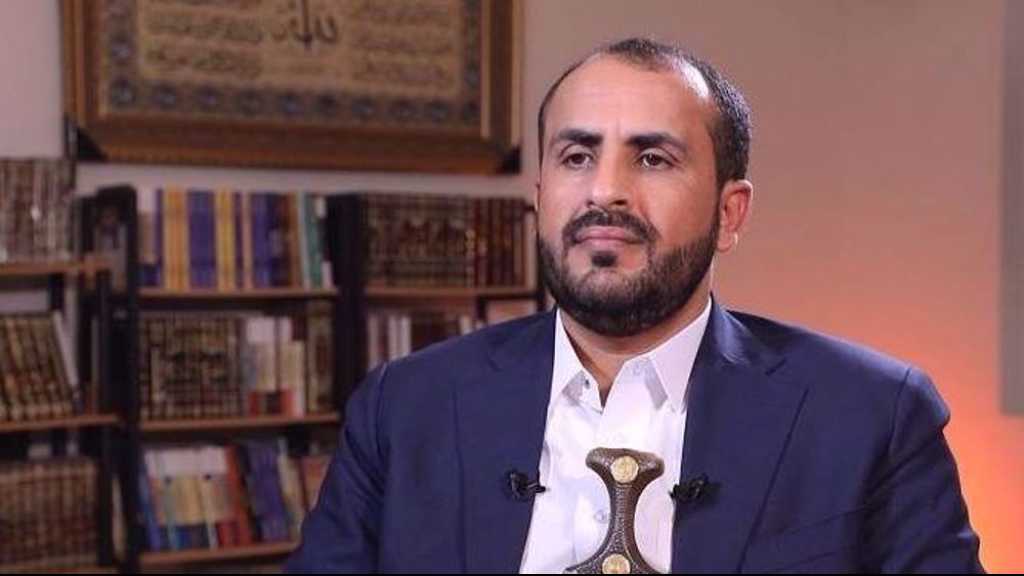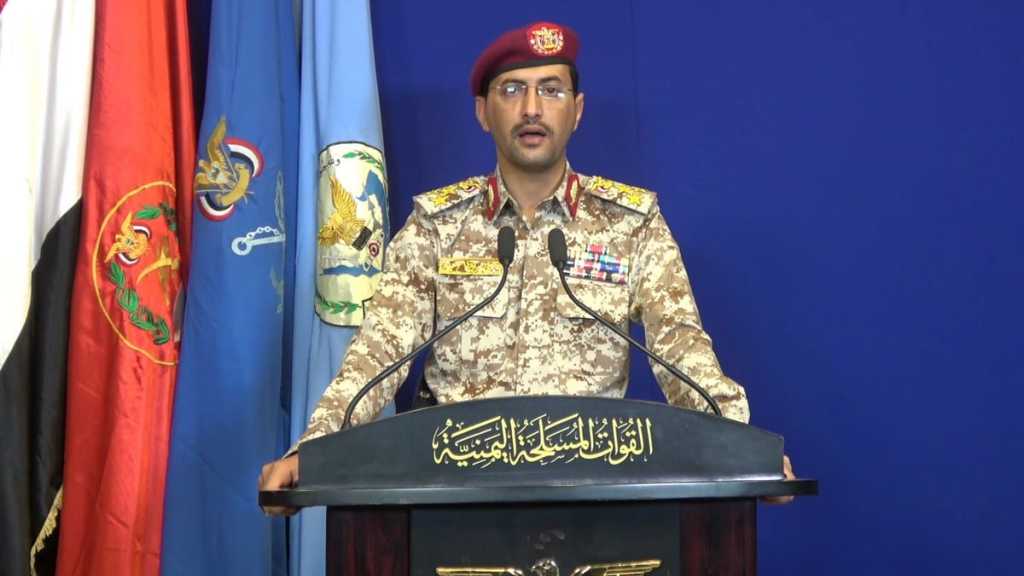
The Atlantic: The US Could End the War in Yemen If It Wanted To
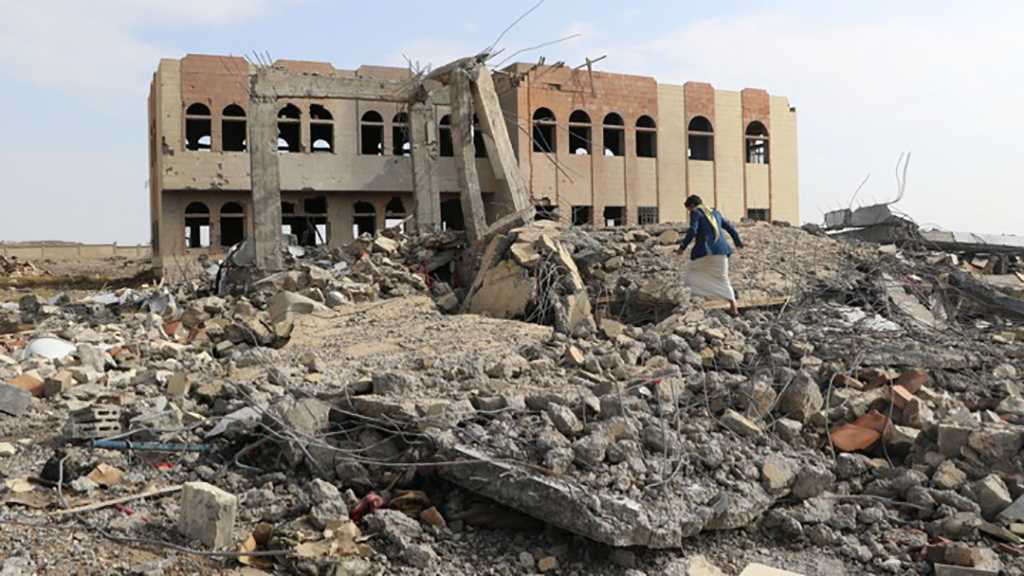
Local Editor
Commenting on the issue, Mohamad Bazzi wrote for The Atlantic:
In his speech to the United Nations General Assembly this week, US President Donald Trump signaled to Saudi Arabia that he would avoid criticizing its destabilizing actions in the Middle East. Instead, he blamed only Iran, the kingdom’s regional rival, for funding “havoc and slaughter.” Trump praised Saudi Arabia and the United Arab Emirates [UAE] for pledging billions in aid and “pursuing multiple avenues to ending Yemen’s horrible, horrific […] war.” He failed to mention that Yemen’s current conflict escalated dramatically in early 2015, when Saudi Arabia led a coalition of Arab countries to intervene in the war.
That war has long since devolved into a humanitarian catastrophe. The United Nations stopped counting its civilian death toll two years ago, when it hit 10,000. An independent estimate by the Armed Conflict Location & Event Data Project, which tracks conflicts worldwide, found that nearly 50,000 people, including combatants, died between January 2016 and July 2018. The war has also left more than 22 million people—75 percent of the population of Yemen, already one of the poorest countries in the world—in need of humanitarian aid.
As public anger over America’s role in the Saudi-led war against the Ansarullah revolutionaries in Yemen has grown, Congress has slowly tried to exert pressure on America’s longtime allies to reduce civilian casualties. Last month, a bipartisan group of lawmakers included a provision in the military spending bill requiring the Trump administration to certify that Saudi Arabia and the UAE are taking “demonstrable actions” to avoid harming civilians and making a “good faith” effort to reach a political settlement to end the war. Congress required the administration to make this certification a prerequisite for the Pentagon to continue providing military assistance to the coalition. This assistance, much of which began under the Obama administration, includes the mid-air refueling of Saudi and Emirati jets, intelligence assistance, and billions of dollars-worth of missiles, bombs, and spare parts for the Saudi air force.
On September 12, Secretary of State Mike Pompeo assured Congress that the coalition was trying to minimize civilian casualties and enable deliveries of humanitarian aid to Yemen. Yet his claim contradicted virtually every other independent assessment of the war, including a recent report by a group of United Nations experts and several Human Rights Watch investigations that stated the coalition had committed war crimes…
Like the Saudis and Emiratis, the Trump administration sees in the Ansarullah the same sort of threat as Hezbollah.
By accepting the coalition’s cosmetic attempts to minimize civilian casualties, the Trump administration is signaling to Saudi and Emirati leaders its apparent belief that a clear military victory in Yemen remains possible. Trump, then, has bought into Saudi Arabia’s zero-sum calculation: that a military win in Yemen for the kingdom and its allies would be a defeat for Iran, while a negotiated settlement with the Ansarullah would be a victory for Tehran. Blinded by its obsession with Iran, the Trump administration is perpetuating an unwinnable war and undermining the likelihood of a political settlement.
While the Saudis are quick to blame Iran for the war, several researchers, including Thomas Juneau, a professor at the University of Ottawa and a former analyst at Canada’s Department of National Defense, have shown that the Ansarullah did not receive significant support from Tehran before the Saudi intervention in 2015.
The Saudis and Emiratis have largely ignored international criticism of civilian deaths and appeals for a political settlement—and the Trump administration’s latest signal of support shows that strategy is working. Airstrikes by the Saudis and their allies “have caused most of the documented civilian casualties,” the UN concluded in a report last month. On August 9, the Saudi coalition bombed a school bus in the northern town of Dahyan, killing 54 people, 44 of them children, and wounding dozens, according to Yemeni health officials.
For weeks, the coalition defended the airstrike, but on September 1—with the deadline looming for the Trump administration to certify Saudi and UAE efforts to reduce civilian casualties—the coalition admitted that the bombing was a mistake and it would “hold those who committed mistakes” accountable.
US officials seized on that statement as evidence that the Saudi coalition is willing to change its behavior. But for three and a half years now, there has been “little evidence of any attempt by parties to the conflict to minimize civilian casualties,” said Kamel Jendoubi, chair of the UN investigation team that documented war crimes.
The Trump administration has shown little interest in using arms deals as leverage for a political settlement, or to force the Saudis to take concerns about civilian deaths more seriously. In March 2017, Trump reversed a decision by the Obama administration to suspend the sale of over $500 million in laser-guided bombs and other munitions to the Saudi military. As more members of Congress expressed criticism of Saudi actions in Yemen, the Senate narrowly approved that sale.
Saudi and Emirati leaders want a clear-cut victory in their regional rivalry with Iran, and they have been emboldened by the Trump administration’s unconditional support to stall negotiations.
After the Trump administration’s endorsement this month, the Saudi-UAE alliance has even less incentive to prevent civilian casualties and new humanitarian disasters.
The only realistic check left is in Congress, where more voices are asking why the world’s most powerful country is helping to perpetuate the world’s worst humanitarian crisis.
Source: The Atlantic, Edited by website team
Comments
